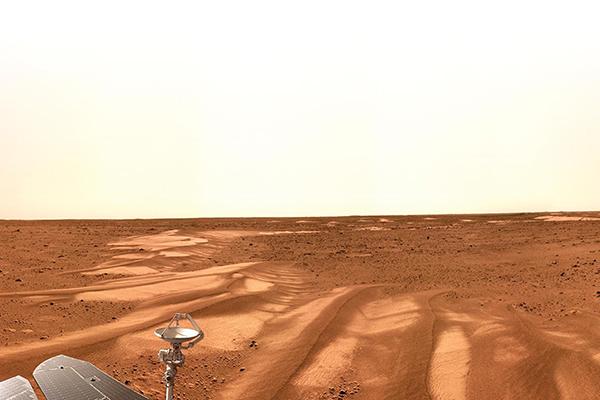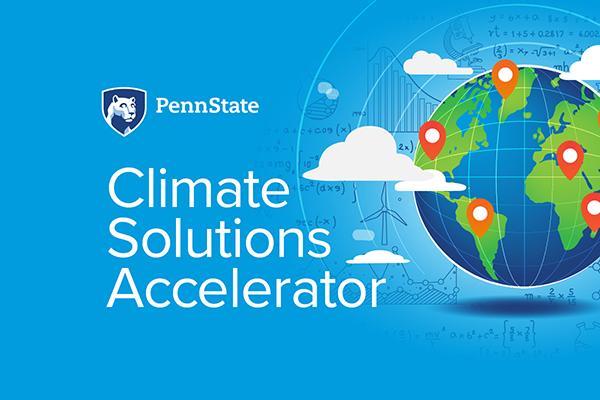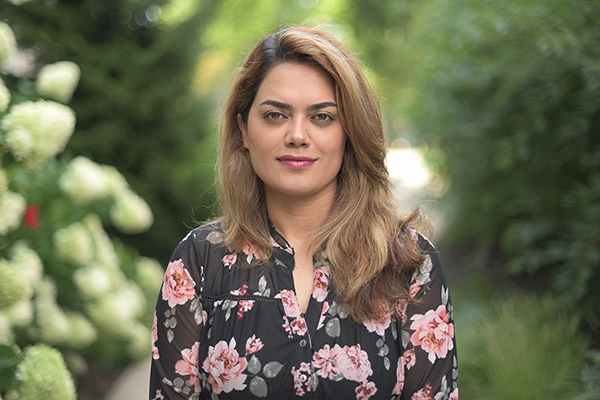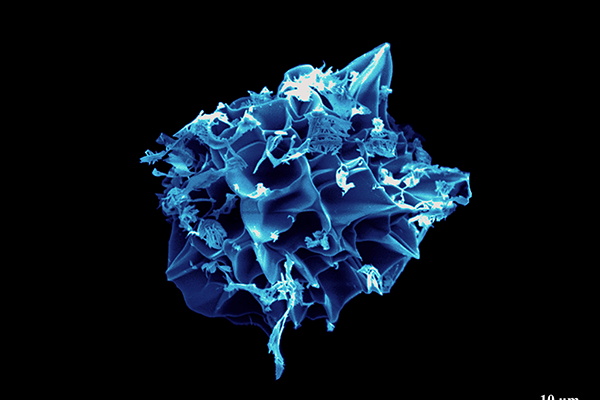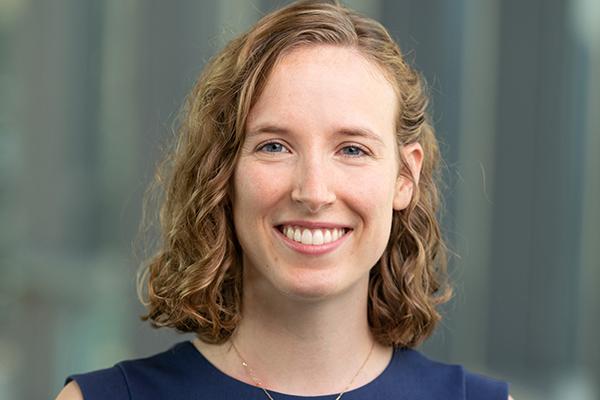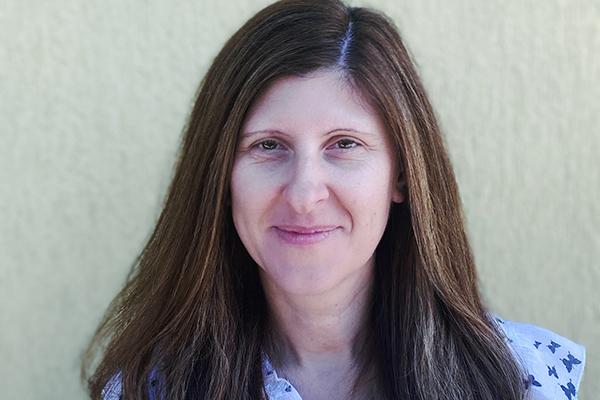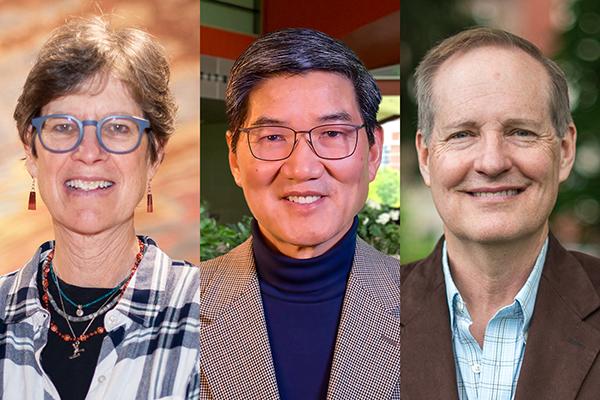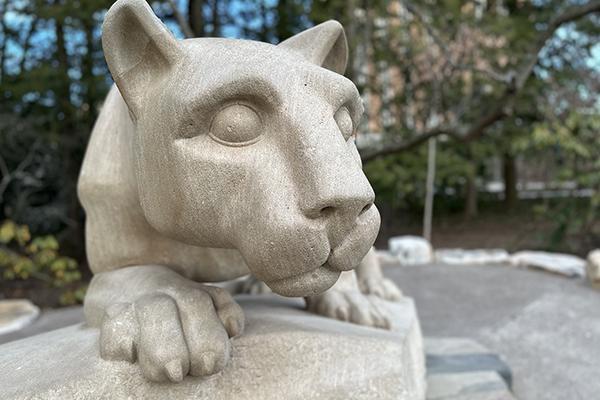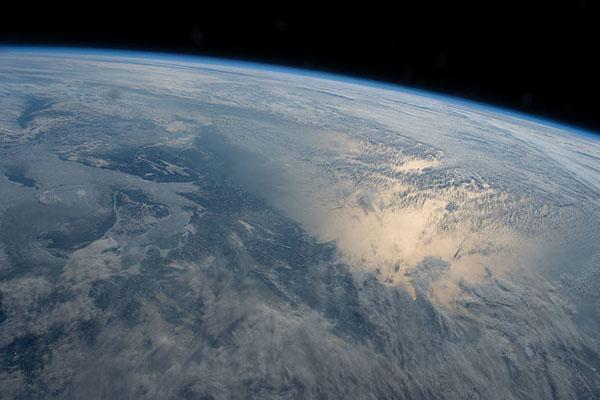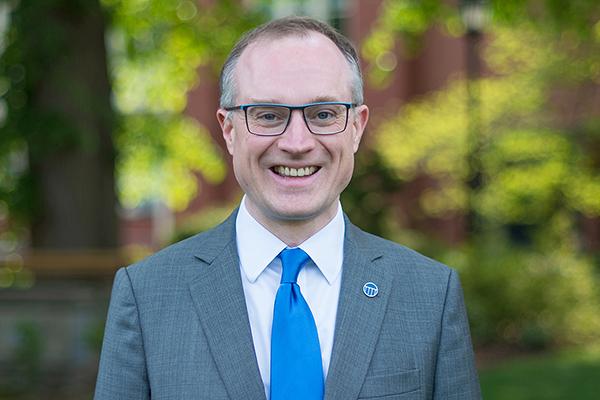Mars may have once been home to sun-soaked, sandy beaches with gentle, lapping waves according to a new study published today (Feb. 24) in the Proceedings of the National Academy of Sciences (PNAS).
The Penn State Climate Consortium has awarded five workshops as a part of its Climate Solutions Accelerator Program for 2025. In its second year, the Climate Solutions Accelerator continues to foster impactful research and bring effective climate solutions to communities in Pennsylvania and around the world. The purpose of the collaborative workshops is to establish and/or advance teams aligned with the Climate Consortium’s themes.
Elham Rahimi, a graduate student in the John and Willie Leone Family Department of Energy and Mineral Engineering, will receive the Raja V. and Geetha V. Ramani Graduate Students Award from the Society for Mining, Metallurgy and Exploration (SME) at the society’s gala dinner during their annual conference, MINEXCHANGE, in Denver, Colorado on Sunday. February 23.
The 17th annual Materials Visualization Competition, an annual scientific and artistic visual competition sponsored by the Department of Materials Science and Engineering and the Materials Research Institute, is now accepting submissions through March 7.
Lucy Page, assistant professor of economics at the University of Pittsburgh, will give the talk, “Got Beef with Beef? Evidence from a Large-Scale Carbon Labeling Experiment,” at noon. on Wednesday, Feb. 26, in 157 Hosler Building at Penn State University Park.
Camelia Kantor, associate director of strategic initiatives at the Huck Institutes of the Life Sciences and associate research professor at Penn State, will give the talk, “Bridging Worlds: How Geography and Nematology Research Converge Through Stakeholder Input,” at 4 p.m. on Monday, Feb. 24, in 112 Walker Building at Penn State University Park. Talk will also be available via Zoom.
Three faculty from Penn State’s College of Earth and Mineral Sciences (EMS) have been elected to the National Academy of Engineering (NAE).
Penn State's Office of Faculty Affairs has named 10 distinguished professors for 2025, including Karl Zimmerer, professor of geography, College of Earth and Mineral Sciences.
Humanity may not be extraordinary but rather the natural evolutionary outcome for our planet and likely others, according to a new model for how intelligent life developed on Earth.
John Mauro, Dorothy Pate Enright Professor of Materials Science and Engineering, has been named head of Penn State’s Department of Materials Science and Engineering, effective July 1. Mauro will succeed Susan Sinnott, who has served as the head of the department since 2015.


